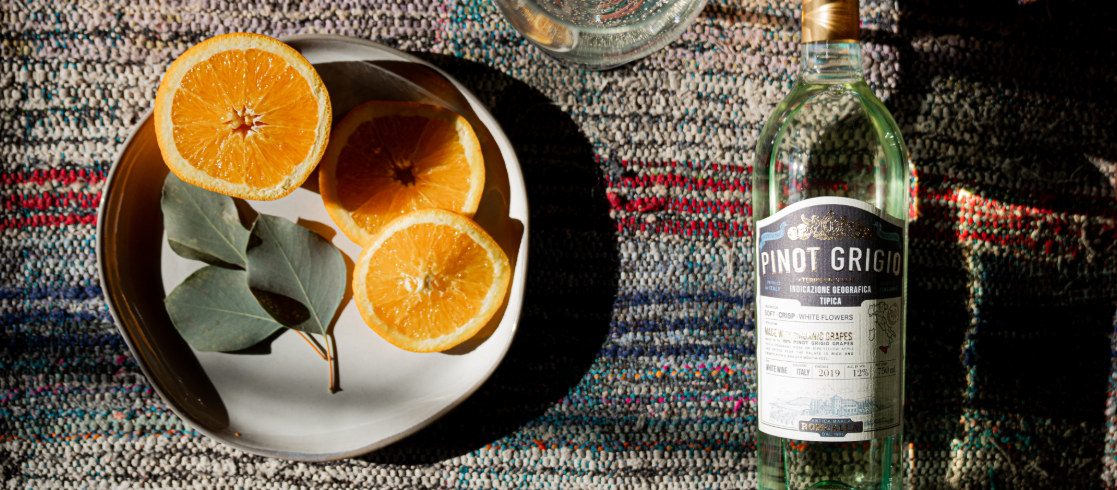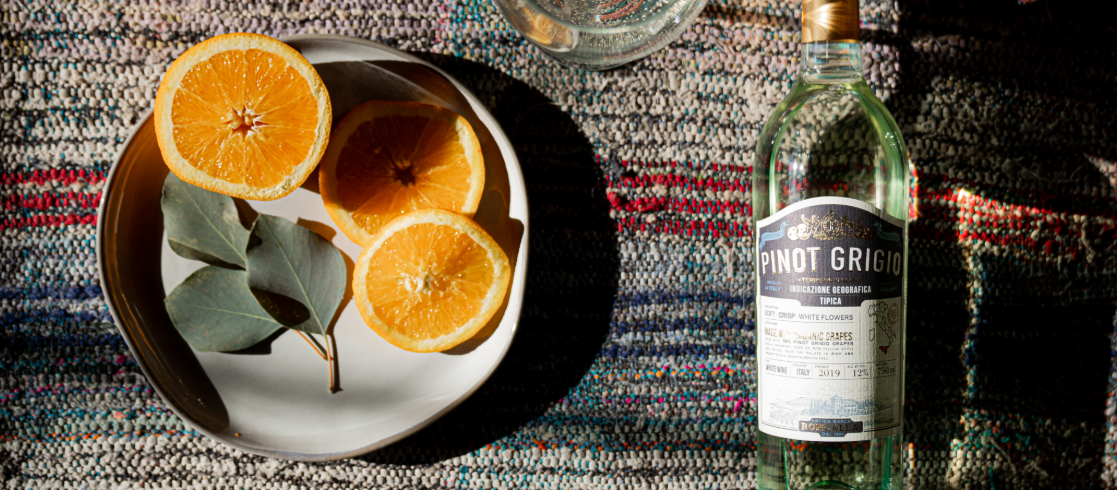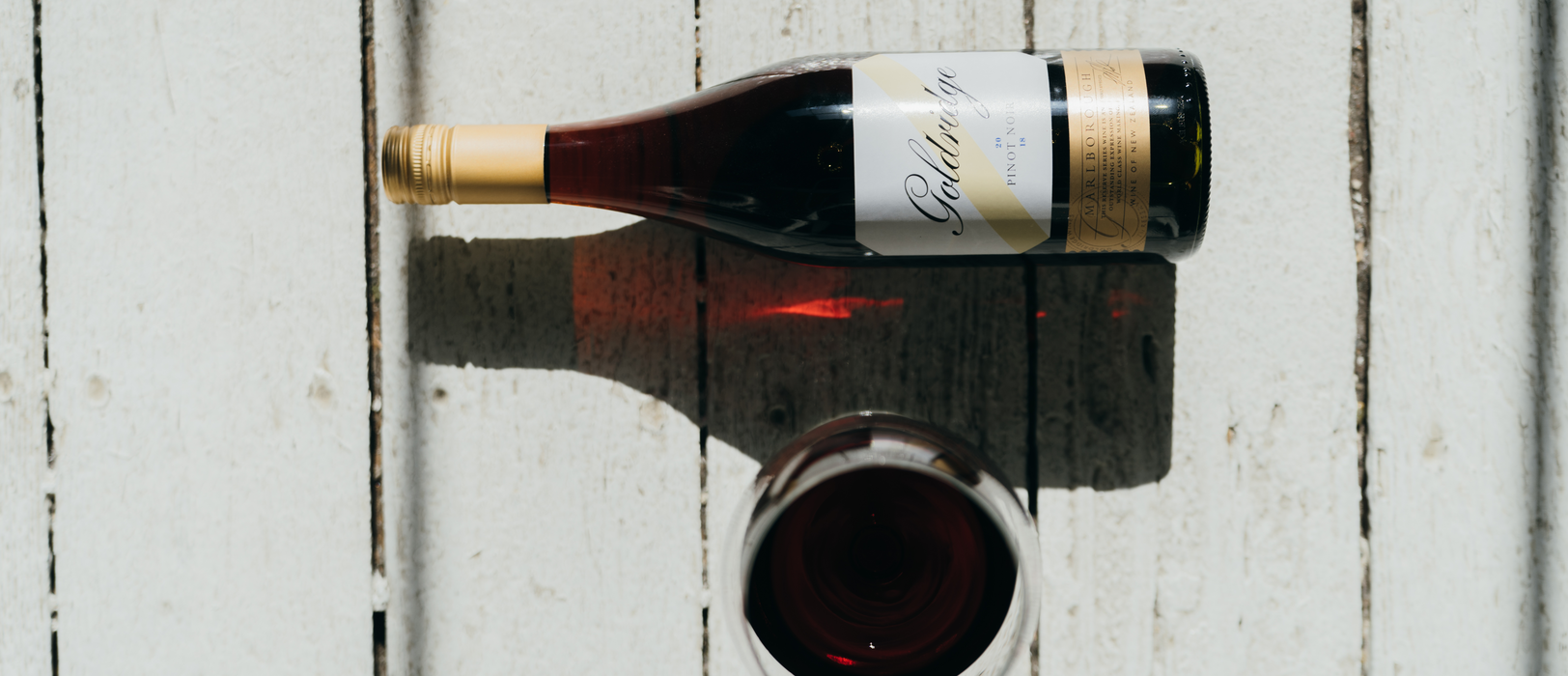
Benefits of Wine on Cancer Prevention: What the Research Says
Wine has long been associated with potential health benefits, but can it play a role in cancer prevention? While drinking alcohol in excess is a well-known risk factor for certain types of cancer, moderate consumption of wine, particularly red wine, has been the focus of research due to its high levels of antioxidants, particularly resveratrol, which may offer protective effects against cancer development.
Let’s explore how wine may contribute to cancer prevention and what the current science suggests.
1. Resveratrol’s Role in Protecting Cells
Resveratrol, a polyphenol found in the skin of grapes, is one of the most studied compounds in red wine for its potential cancer-fighting properties. This powerful antioxidant has been shown to inhibit the growth of cancer cells and prevent their spread in several types of cancer, including breast, colon, and prostate cancers.
According to a study published in the Cancer Research journal, resveratrol can block the development of cancer cells by interfering with the various stages of cancer formation, from the initiation phase to the progression of the disease. It does this by neutralizing free radicals—unstable molecules that can damage DNA and lead to cancerous mutations .
Shop Red WineResveratrol also activates certain enzymes that help repair damaged DNA, further protecting cells from becoming cancerous.
2. Anti-Inflammatory Effects of Wine
Chronic inflammation is a major factor in the development of cancer. Inflammatory cells can produce harmful substances that damage DNA and promote the growth of tumors. The polyphenols in wine, especially red wine, are known for their anti-inflammatory properties, which can help reduce the risk of cancer.
A study published in Scientific Reports found that moderate wine consumption was associated with lower levels of inflammation markers such as C-reactive protein (CRP), which are linked to cancer risk. By reducing chronic inflammation, wine’s antioxidants may contribute to a lower likelihood of cancerous cell growth .
3. Wine and Hormone-Related Cancers
Resveratrol has also been studied for its potential effects on hormone-related cancers, such as breast cancer. Some types of breast cancer are fueled by the hormone estrogen, and resveratrol has been shown to suppress estrogen’s ability to promote the growth of cancer cells.
A study from The Journal of Nutritional Biochemistry highlighted how resveratrol can block estrogen production in breast cancer cells, potentially slowing or preventing the progression of hormone-dependent tumors. This suggests that moderate red wine consumption could offer protective benefits for women at risk of breast cancer, though more research is needed to fully understand this relationship.
4. Wine and Colon Cancer Prevention
Colon cancer is one of the most common types of cancer worldwide, and diet plays a significant role in its development. Some studies suggest that wine, thanks to its antioxidant content, may reduce the risk of colon cancer.
A study published in Gastroenterology found that individuals who consumed moderate amounts of red wine had a lower risk of developing colon cancer compared to non-drinkers. This protective effect is thought to be due to resveratrol’s ability to inhibit the growth of cancer cells and reduce oxidative damage in the colon .
5. Moderation is Key
It’s important to emphasize that while wine may offer some protective benefits against cancer, drinking too much alcohol can increase the risk of cancer, particularly cancers of the mouth, throat, liver, and esophagus. The key is moderation—one glass per day for women and up to two glasses per day for men. Overconsumption of alcohol, including wine, negates any potential health benefits and increases cancer risk.
Conclusion: A Balanced Approach
While moderate wine consumption, particularly red wine, may offer certain cancer-preventative benefits due to its antioxidant and anti-inflammatory properties, it’s essential to drink responsibly. Balancing wine with a healthy diet rich in fruits, vegetables, and whole grains is a smart approach to lowering your overall cancer risk. Enjoying wine in moderation can be a delicious way to potentially support your body’s defenses against cancer, but it’s always wise to consult with healthcare providers about your diet and alcohol consumption, especially if you have any risk factors for cancer.
Shop Red Wine





